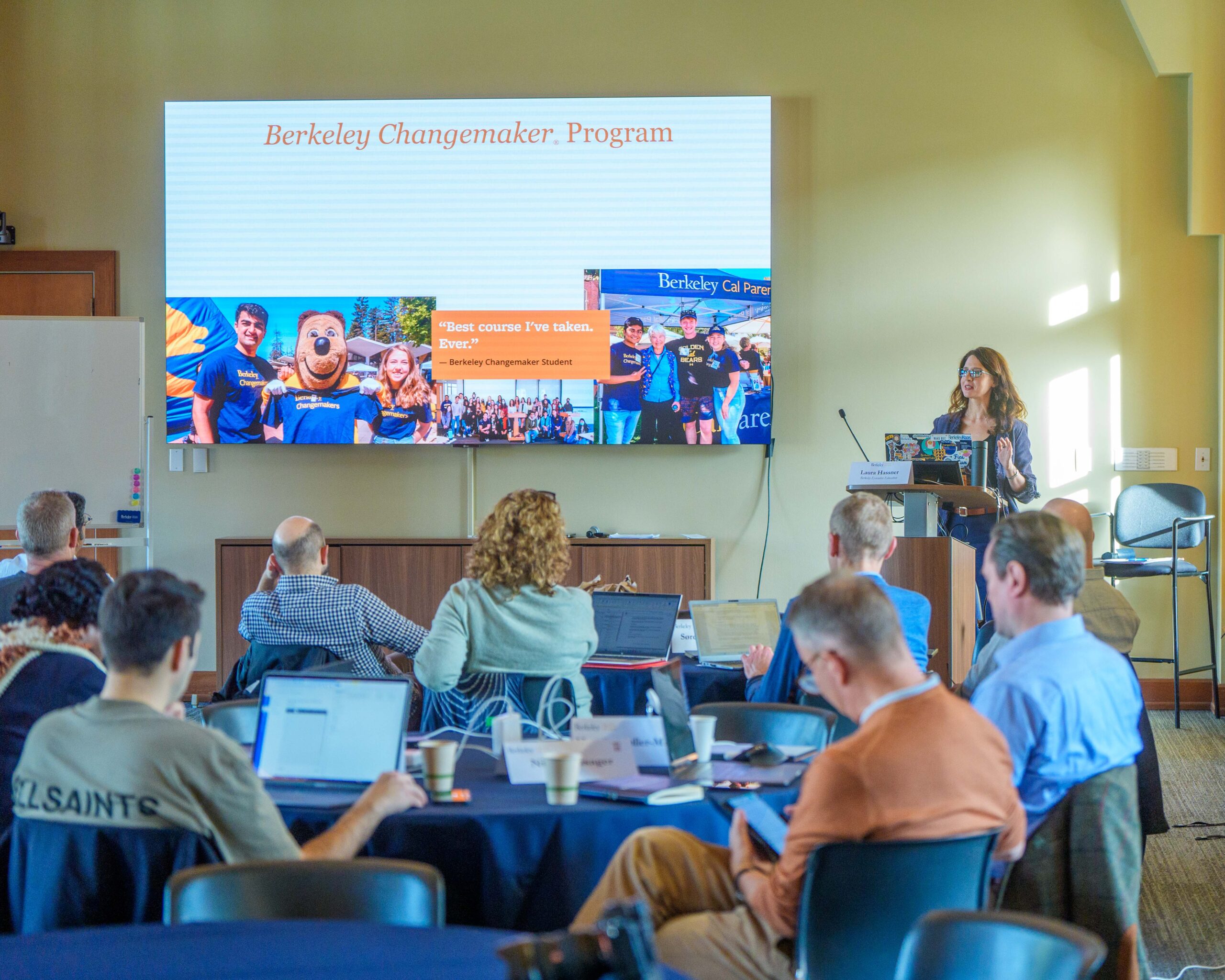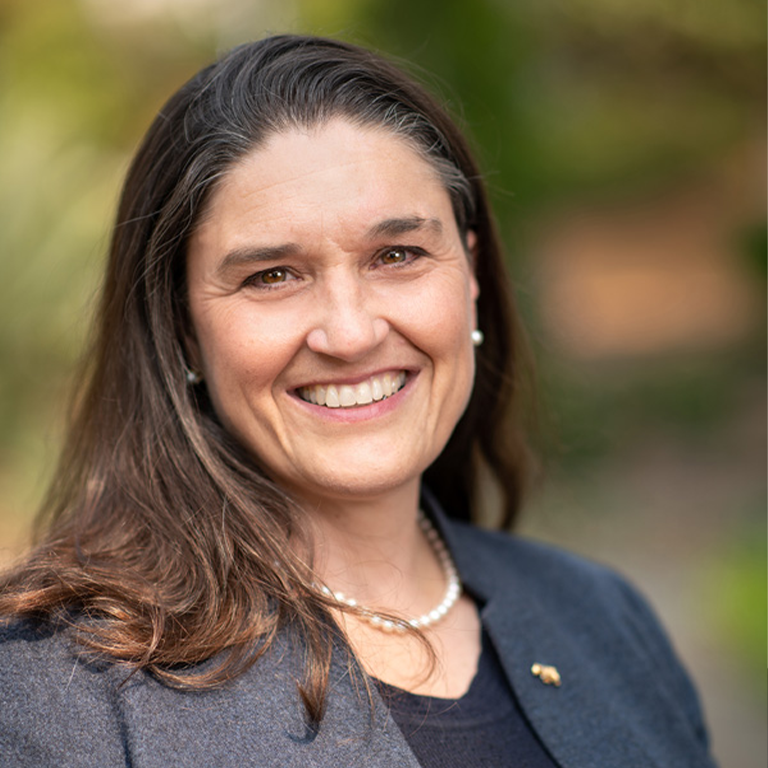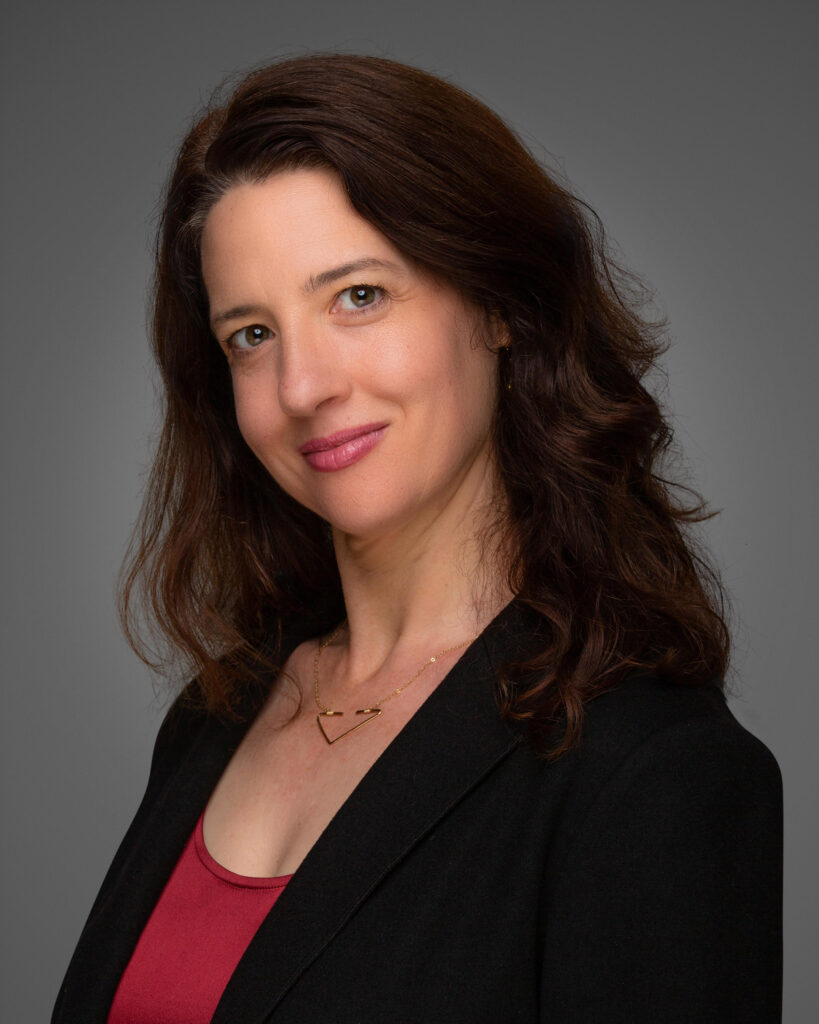This new course teaches UC Berkeley students the (nearly) lost art of disagreement
In "Openness to Opposing Views," faculty from across the university share the value and challenges of grappling with divergent viewpoints.

Courtesy of Jim Block
April 14, 2025
According to a January report from Inside Higher Ed, nearly three in four college students now turn to social media as an important, if not primary, source of news. As algorithm-driven platforms deliver ever more news content, fewer than half of students surveyed thought their universities were robustly training their peers in digital media literacy.
Given social media’s capacity to amplify misinformation, echo chambers and political polarization, the need to train young people in how to digest and cut through the noise of the internet — as well as how to engage with viewpoints and opinions they themselves don’t hold — has never been greater.
One response is a new UC Berkeley course, Openness to Opposing Views, which starts this summer. In addition to explicitly engaging students on how they consume news, it also will address how and why to engage with viewpoints and opinions they don’t share.
The half-semester course is part of the Berkeley Changemaker initiative, a certificate program started by Berkeley’s Office of Innovation and Entrepreneurship. Conducted asynchronously and entirely online, students will hear the perspectives of over 20 Berkeley faculty members from 14 academic departments, including public health, business, the social sciences and humanities. Each of them will deliver lectures or hold conversations focused on the value and practice of engaging with people who hold potentially oppositional viewpoints.

The course’s designers emphasized the importance of humble inquiry in pursuing collaborative projects and research. “You’ve got to begin with the assumption that you could be wrong, and be willing to entertain a different view,” said Jennifer Johnson-Hanks, a co-designer of the course who is a cultural demographer and executive dean of the College of Letters and Science. “We see that really compellingly in scholarship — peer review, going to a conference, scholarly debate, they’re all grounded in the assumption that through that process we can get better. And engaging with other people is a really productive way of finding where your own errors and biases are.”

Laura Paxton Hassner, who created the Berkeley Changemaker series with now-Chancellor Richard Lyons and designed this course with Johnson-Hanks, hopes it will become a productive jumping-off point for students new to Berkeley, as well as for upper-division enrollees who will have their own discussion section.
“The course not only teaches the theory behind why it’s important to be open to opposing views and how we might strengthen that practice, but it also helps students to see how different academic disciplines approach this challenge,” she said. “We anticipate that a lot of students taking this course may not have decided their disciplinary field of study — it’s a chance for them to see what the theory looks like in practice in academic disciplines on this campus.”
Preparation for the new course included listening sessions and workshops with Berkeley students, staff and alumni about how young people today digest and respond to opposing views. One participant, Oliver O’Reilly, vice provost of undergraduate education, recalled his own challenges in receiving critical feedback as a young scholar in mechanical engineering.
“I took the criticism very personally and wasn’t prepared to discuss or respond, I just sort of shut down,” said O’Reilly. For him, the new course is a chance to practice navigating both expressing and receiving criticism in a way that is productive and generative, which can hinge on skillful communication and awareness of the importance of interpersonal relationships.
Lisa García Bedolla, vice provost for graduate studies and a faculty member participating in the course, likewise said it’s important to not assume that incoming students arrive with the skills the course focuses on.
“What is great about this course is that it acknowledges that being open to opposing views is something that our students need to learn to do; it’s not just ‘natural’ for anyone,” she said. “We often forget that because our K-12 educational system is so highly segregated by race and class, college is often the first time our students have engaged with people who have life experiences very different from theirs. This class speaks to the university’s role in helping students manage that process.”
“All of the core pillars of Berkeley Changemaker are things that students learn across the liberal arts,” said Johnson-Hanks. “We want to show these are critical, essential, transformative skills for everything you’re going to do in your life.”
In one module of the course, Dr. Jyothi Marbin, a pediatrician and director of the UC Berkeley-UCSF Joint Medical Program, will discuss her own experience with oppositional viewpoints in her work with vaccine-skeptical parents. She will emphasize the importance she discovered of creating connection with those she disagrees with — from the small, like having attended the same school or a sharing a love for animals, to the fundamental, in this case a mutual concern for the well-being of a child they are discussing.
Just as important, she said, has been training herself to be aware of her own defensive reactions and striving for a greater somatic awareness of her bodily reactions to disagreement. Marbin said this has become an important component of the adaptive leadership model at the UC Berkeley-UCSF Joint Medical Program, which has incorporated an acknowledgement of the feelings of loss, vulnerability and uncertainty that can accompany a shift in opinions.
The Berkeley Changemaker program, which launched in 2020 and recently passed its 10,000th enrollment, is entirely funded by philanthropic donations and has expanded to over 40 undergraduate and graduate courses across campus. Its broad appeal lies in the program’s commitment to highlighting and translating core liberal arts skills so that students more clearly appreciate their value in the job market and more broadly, said Johnson-Hanks.
“All of the core pillars of Berkeley Changemaker are things that students learn across the liberal arts — and they sometimes don’t know that they’re learning them, and they sometimes don’t know that they matter,” she said. “We want to show these are critical, essential, transformative skills for everything you’re going to do in your life.”
The course’s focus on conflict and opposing viewpoints coincides with a particularly fraught moment in higher education. On March 19, UC President Michael Drake announced a hiring freeze across the UC system in the face of anticipated federal and state funding cuts. President Trump has singled out UC Berkeley as one of several universities that might face retaliation in light of large-scale student protests and encampments last spring in support of Palestine and against Israeli actions in Gaza.
Openness to Opposing Views will not include debate about pressing current events, but the course’s creators and contributors are well aware of the topic’s national and campus context. Marbin said it’s important to keep in mind the distinction between one’s core values and one’s opinions. While the latter can and often should be open to revision, for her the former remains a constant and essential part of how she navigates the world.
“Be really clear about your values,” she urges students. “Don’t compromise on your values and on what you know to be just and right.”
